Glaucoma, often dubbed the “silent thief of sight,” is a complex eye condition that affects millions worldwide. Despite its prevalence, many people remain unaware of its existence until significant vision loss occurs
What Is Glaucoma?
Glaucoma refers to a group of eye conditions that damage the optic nerve, the vital link between the eye and the brain, usually due to elevated intraocular pressure (pressure inside the eye). This damage often leads to gradual vision loss and, if left untreated, the progress will be more faster and it is irreversible
Type of Glaucoma
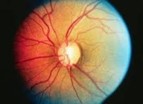
Primary Open-Angle Glaucoma: This is the most common type, where the drainage angle of the eye remains open but becomes less efficient over time, leading to increased intraocular pressure

Angle-Closure Glaucoma: In this type, the drainage angle of the eye narrows or closes, causing a sudden increase in intraocular pressure, which requires immediate medical attention.

Normal-Tension Glaucoma: In this variant, optic nerve damage occurs despite normal intraocular pressure, suggesting other factors may contribute to the condition.
Symptoms of Glaucoma
Glaucoma is often referred to as the “silent thief of sight” because it typically progresses slowly and without noticeable symptoms until significant vision loss occurs. However, some individuals may experience:
- Gradual loss of peripheral vision (as though looking through a tunnel; easily bump into things)
- Severe eye pain
- Headache
- Nausea and vomiting (in acute angle closure)
- Haloes
Risk Factors
- High intraocular pressure (IOP)
- Age > 55 years old
- African or Asian
- Family history of glaucoma
- Medical condition (ie;diabetes, high blood pressure)
- Eye injuries or surgery
- Corticosteroid long term usage
Test to Diagnose Glaucoma
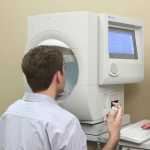
Visual field test or perimetry
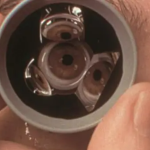
Gonioscopy
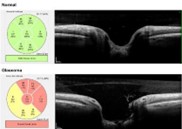
OCT (optic nerve imaging)

Tonometry (to check intraocular pressure)
Management
- Topical eyedrop to lower down eye pressure
- Oral medication
- Laser therapy
- Surgical intervention (to create new channel for fluid drainage )
Glaucoma is an irreversible disease that causes blindness. Early detection and management will slow down the progress of vision loss. Glaucoma poses a significant threat to vision, but with early detection, proactive management, and adherence to treatment regimens, individuals can mitigate its impact and preserve their sight. By raising awareness, promoting regular eye exams, and advocating for preventive measures, we can work together to defeat the silent thief of sight and safeguard ocular health for generations to come
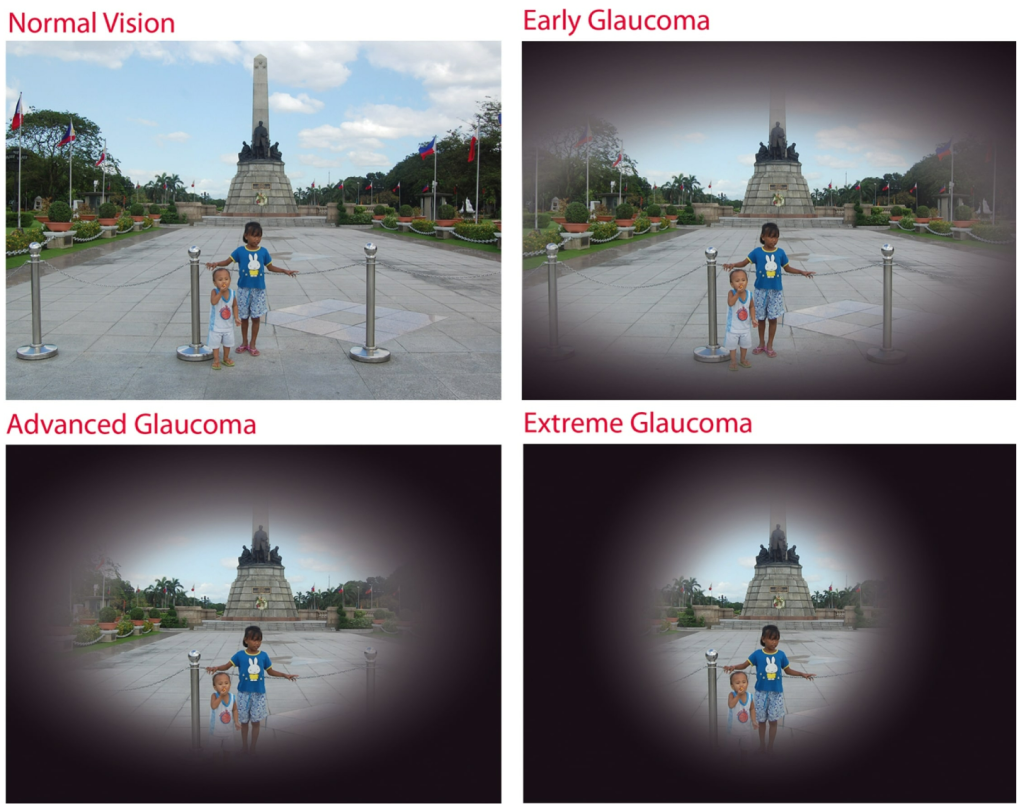
Source : eyeandivfhospital.com

